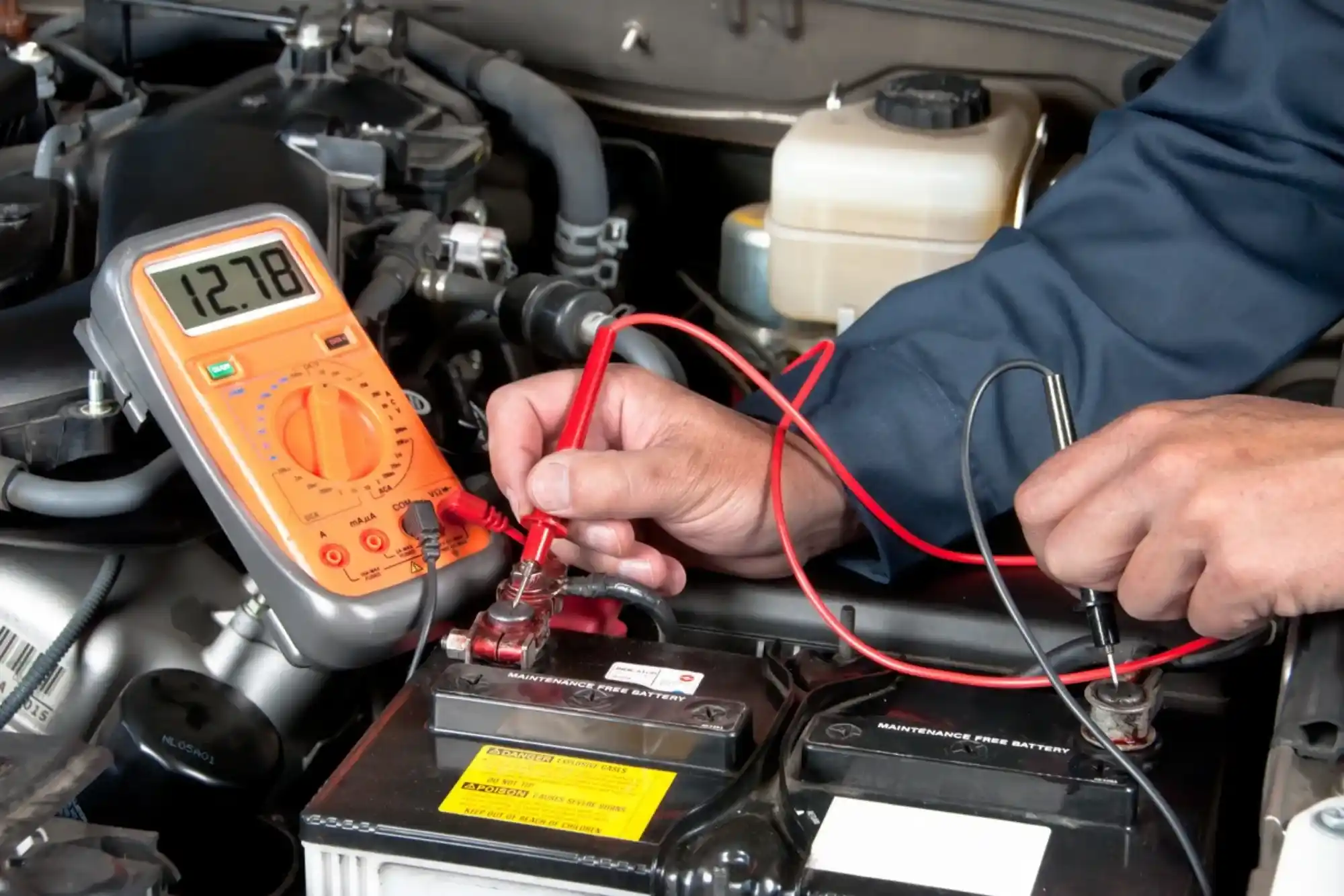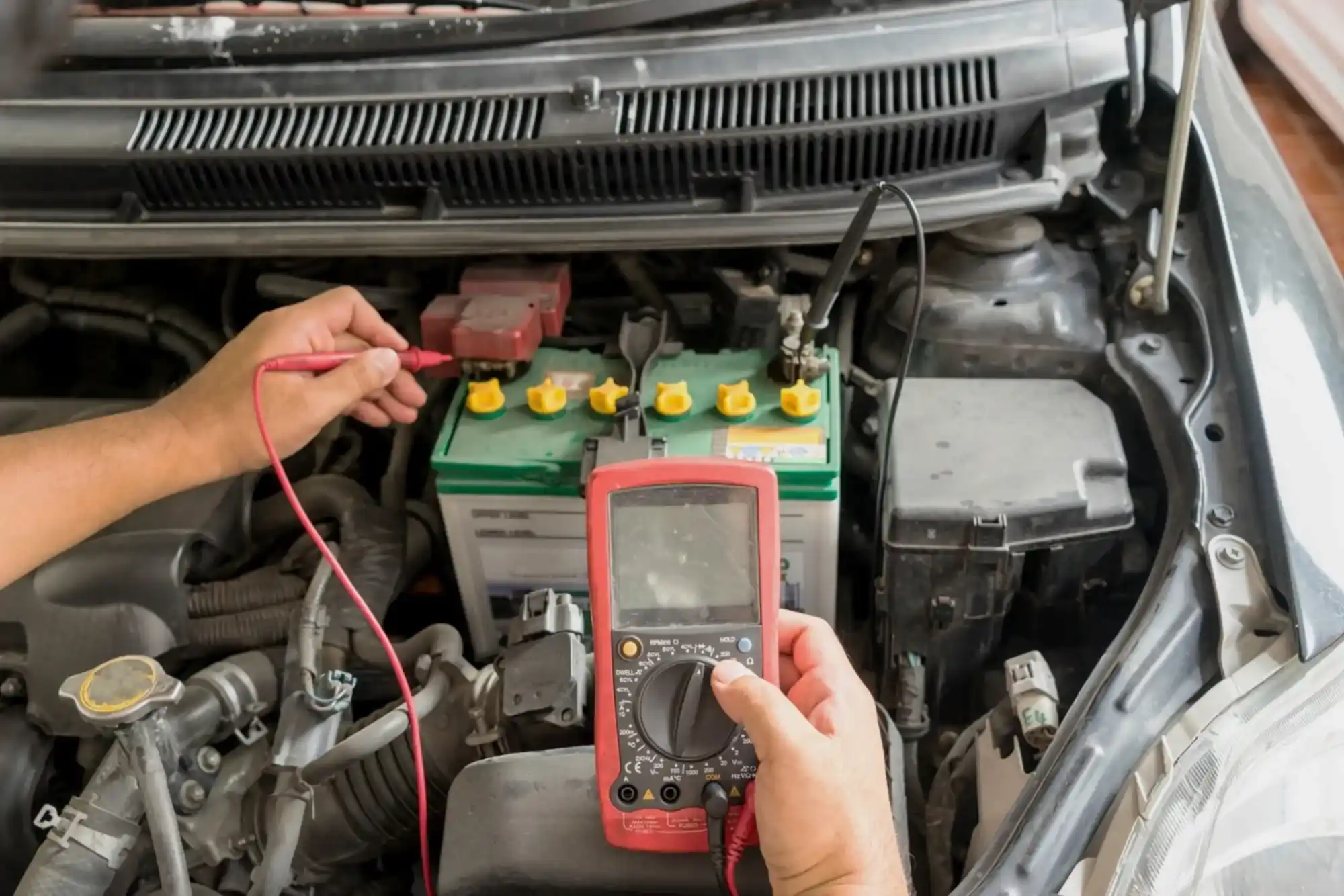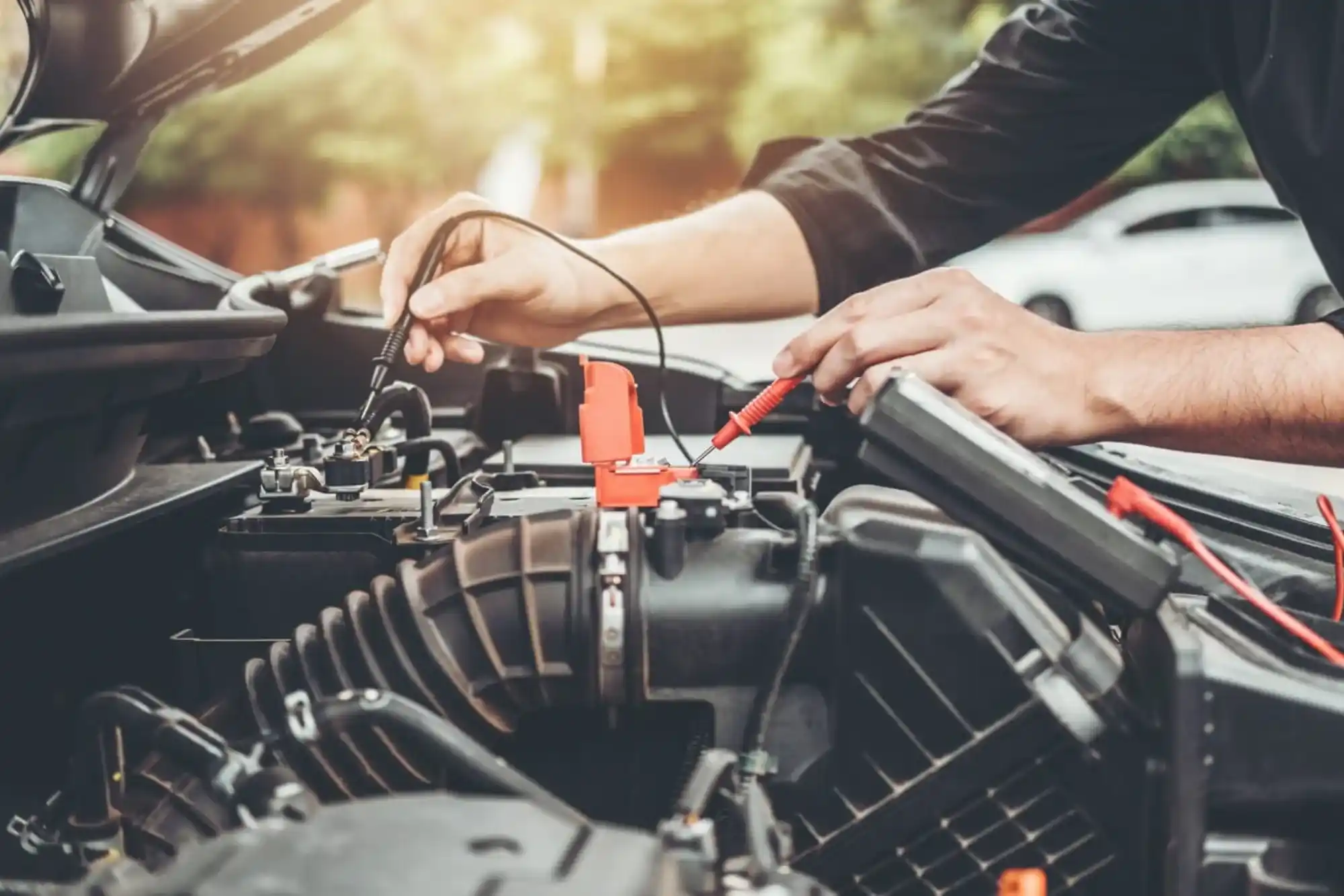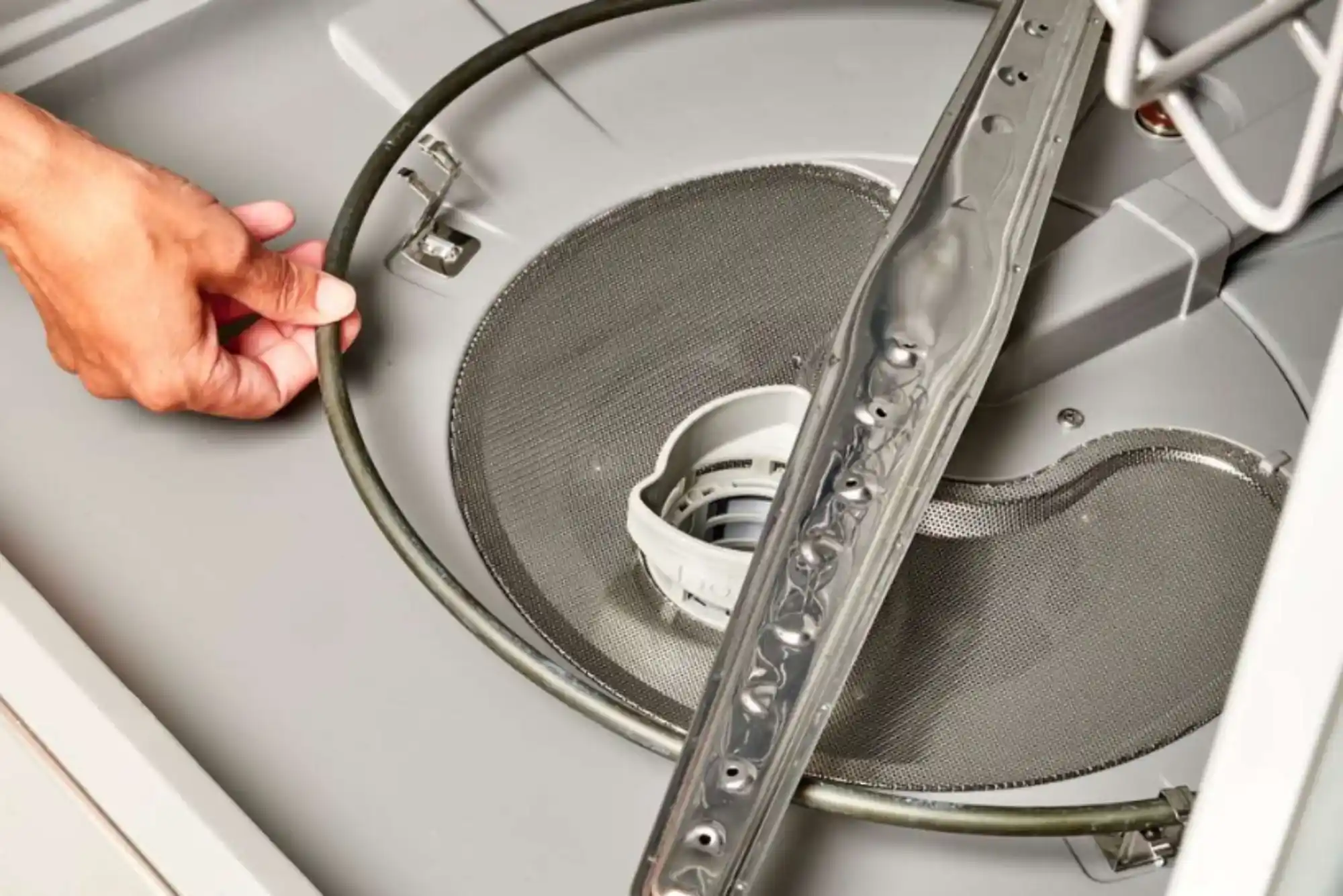Car batteries are a critical component of your vehicle’s electrical system, providing the necessary power to start the engine and run various electronic accessories. Ensuring that your battery is in good condition can save you from inconvenient breakdowns and the expense of premature battery replacement.
This guide will walk you through the essential steps to check your car battery health, while also highlighting other factors like the Endeavour car price and services provided by Al Wasim Auto Spare Parts.
Understanding the Importance of Car Battery Health
A car battery may seem like a simple component, but it performs an essential function that keeps your vehicle running smoothly. The battery stores energy and provides the electrical current necessary to start the engine, operate the lights, and power other electronic components in the car.
Poor battery performance can lead to a variety of issues, including difficulty starting the engine, reduced efficiency of electrical systems, and the possibility of being stranded on the road. Regular checks of your battery’s health will help extend its lifespan and keep your vehicle in optimal condition.
Signs of a Failing Car Battery
Before diving into how to check your car battery’s health, it’s important to recognize the warning signs that may indicate a failing battery. Here are a few common symptoms:
- Slow Engine Crank: If your engine takes longer than usual to start or makes a sluggish noise when you turn the key, this could be an early sign of a weak battery.
- Dim Lights: Headlights and interior lights that appear dimmer than usual could indicate that your battery is not providing sufficient power.
- Battery Warning Light: Many vehicles are equipped with a battery warning light on the dashboard. If this light turns on, it’s a clear indication that there may be an issue with your battery.
- Swollen Battery Case: Extreme temperatures can cause your battery case to swell, which often means that the battery is nearing the end of its life.
- Electrical Issues: Problems with the car’s electronics, such as windows, wipers, and locks, can also be signs that your battery is underperforming.
Tools You Will Need to Check Car Battery Health
To properly assess your battery’s health, there are a few tools and supplies you’ll need. Some of these can be found at any auto parts store, such as Al Wasim Auto Spare Parts, which is known for offering a wide range of automotive products:
- Digital Multimeter: This tool measures the voltage and current of your car battery, which is critical for determining its health.
- Battery Load Tester: This device applies a load to the battery and measures how well it maintains voltage under strain.
- Hydrometer: If you have a non-sealed battery, a hydrometer can be used to check the specific gravity of the electrolyte solution, indicating the battery’s charge level.
- Safety Gear: Gloves and safety glasses are essential when handling batteries, as they can emit harmful gases or contain acid that could cause injury.
Steps to Check Car Battery Health

Inspect the Battery Terminals and Cables
Start by examining the battery terminals and cables for any signs of corrosion, dirt, or wear. Corrosion can appear as a white, powdery substance on the terminals, and it can significantly reduce your battery’s ability to deliver power to the vehicle.
Clean the terminals with a mixture of baking soda and water, and make sure the cables are tightly connected. At Al Wasim Auto Spare Parts, you can find cleaning kits and other tools designed to help maintain your battery’s cleanliness and performance.
Test the Battery Voltage with a Multimeter
The next step is to use a digital multimeter to measure the voltage of your battery. Set the multimeter to the DC voltage range (usually marked with a “V” and a straight line). Place the red probe on the positive terminal and the black probe on the negative terminal.
A fully charged battery should read between 12.4 and 12.7 volts. If the voltage is below this range, your battery may be weak or failing. Be sure to test the voltage with the car off to get an accurate reading.
Perform a Load Test
A load test measures how well your battery performs under stress. With the engine off, connect a battery load tester to the battery terminals, just as you would with a multimeter. Apply a load (usually around 15-20% of the battery’s rated capacity) for about 10 seconds.
A healthy battery should maintain a voltage above 9.6 volts during the test. If the voltage drops significantly, it’s a sign that the battery may need to be replaced.
Check the Electrolyte Levels
If your battery is not sealed, you can check the electrolyte levels inside each cell. Carefully remove the caps and make sure the fluid levels are above the lead plates. If they’re low, you can top them off with distilled water. Never use tap water, as it can introduce impurities that may damage the battery. Al Wasim Auto Spare Parts offers distilled water and other essential battery maintenance products. Low electrolyte levels can indicate that the battery has been overcharged or exposed to extreme heat.
Inspect the Battery for Physical Damage
A visual inspection of the battery can reveal cracks, leaks, or swelling. If the battery case is damaged, it should be replaced immediately, as this can lead to dangerous acid leaks or electrical malfunctions. Many car owners overlook this step, but it’s crucial to ensure your battery remains safe and functional.
Test the Alternator
Sometimes, a weak battery is a symptom of a failing alternator rather than an issue with the battery itself. The alternator charges the battery while the engine is running, and if it’s not working properly, your battery may never receive a full charge.
You can use a multimeter to test the alternator by checking the battery’s voltage with the engine running. A healthy alternator should produce a voltage between 13.7 and 14.7 volts. If the reading is outside this range, your alternator may need to be repaired or replaced.
Factors That Affect Car Battery Health

Car batteries are subject to various external factors that can influence their longevity and performance. Understanding these factors can help you take preventive measures to prolong your battery’s life:
- Climate: Extreme temperatures can shorten a battery’s lifespan. Hot weather causes the liquid inside the battery to evaporate more quickly, while cold weather makes it harder for the battery to generate power.
- Driving Habits: Short trips where the engine doesn’t fully warm up can prevent the alternator from charging the battery completely. Frequent starting and stopping also strain the battery.
- Battery Age: Most car batteries have a lifespan of 3 to 5 years. After this period, the battery’s ability to hold a charge diminishes, regardless of how well it’s maintained.
- Electrical Load: Running accessories like air conditioning, heated seats, and powerful sound systems can place an additional load on your battery, especially if your alternator is not functioning at full capacity.
What to Do If Your Battery Fails the Test
If your battery fails any of the tests mentioned above, it may be time to replace it. However, before making that decision, consider having it tested by a professional at a reputable service center like Al Wasim Auto Spare Parts. They can provide a more thorough analysis and recommend whether a replacement is necessary. Additionally, they offer a wide range of batteries and accessories, ensuring you find the right product for your vehicle.
If you are in the market for a new vehicle, you might also want to consider the Endeavour car price when budgeting for a replacement. The Ford Endeavour is known for its rugged performance, and understanding its price point can help you make a more informed decision about future car purchases.
Table: Key Car Battery Health Indicators
| Battery Condition | Symptoms | Possible Causes |
|---|---|---|
| Slow Engine Crank | Engine turns over slowly when starting | Weak battery, poor connections |
| Dim Lights | Headlights and interior lights appear dim | Low battery voltage |
| Battery Warning Light | Dashboard battery warning light is on | Charging system failure |
| Swollen Battery Case | Battery case appears swollen or bloated | Overheating or overcharging |
| Electrical Issues | Malfunctioning windows, locks, or wipers | Weak battery, failing alternator |
| Low Voltage Reading | Voltage below 12.4 when tested with a multimeter | Battery needs to be replaced |
FAQs About Car Battery Health
How often should I check my car battery health?
It is recommended to check your car battery health every three to six months, especially before long trips or extreme weather changes.
What is the ideal voltage for a healthy car battery?
A fully charged car battery should read between 12.4 and 12.7 volts. Anything below this may indicate a weak or failing battery.
Can I replace my car battery myself?
Yes, replacing a car battery is generally straightforward. However, if you’re unsure or uncomfortable, it’s best to have a professional handle it at a place like Al Wasim Auto Spare Parts.
How long does a car battery typically last?
The average lifespan of a car battery is about 3 to 5 years, depending on driving habits, climate, and maintenance.
Is it safe to jump-start a failing battery?
Yes, jump-starting a car with a weak battery is safe, but it should only be a temporary solution. You should have your battery tested and possibly replaced as soon as possible.




